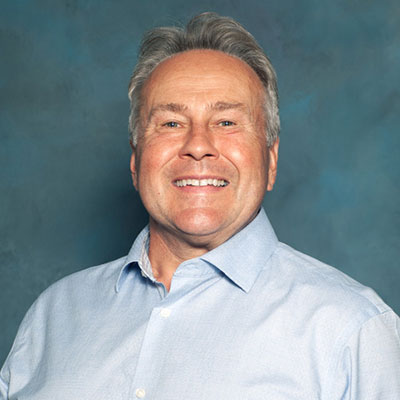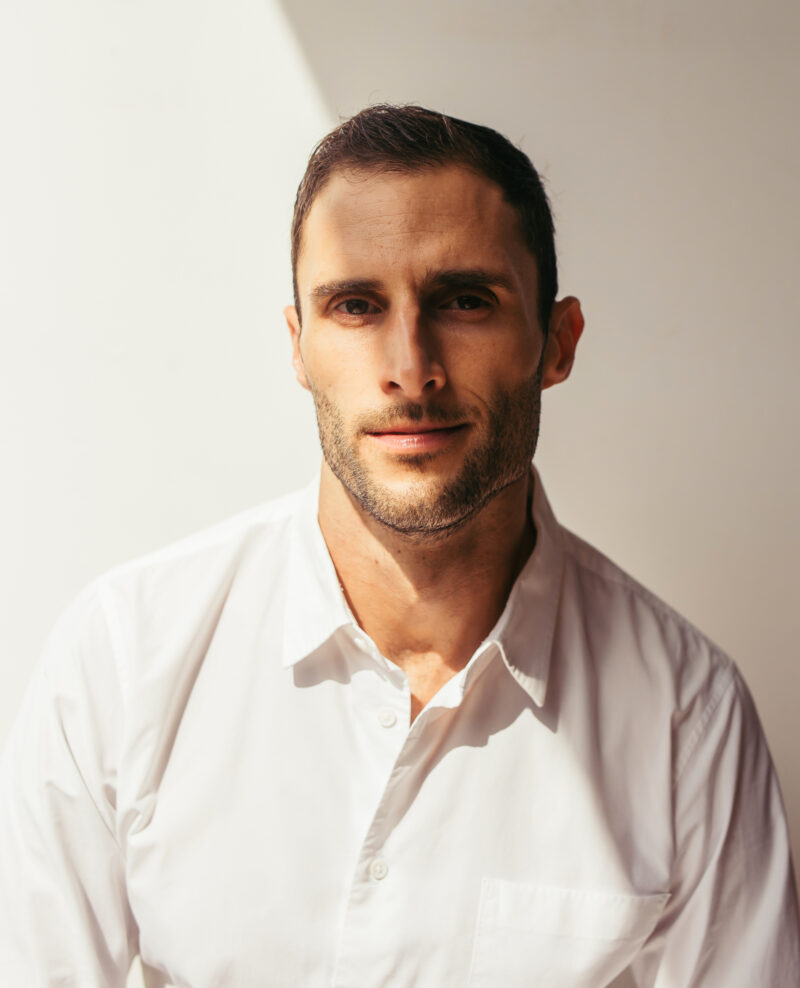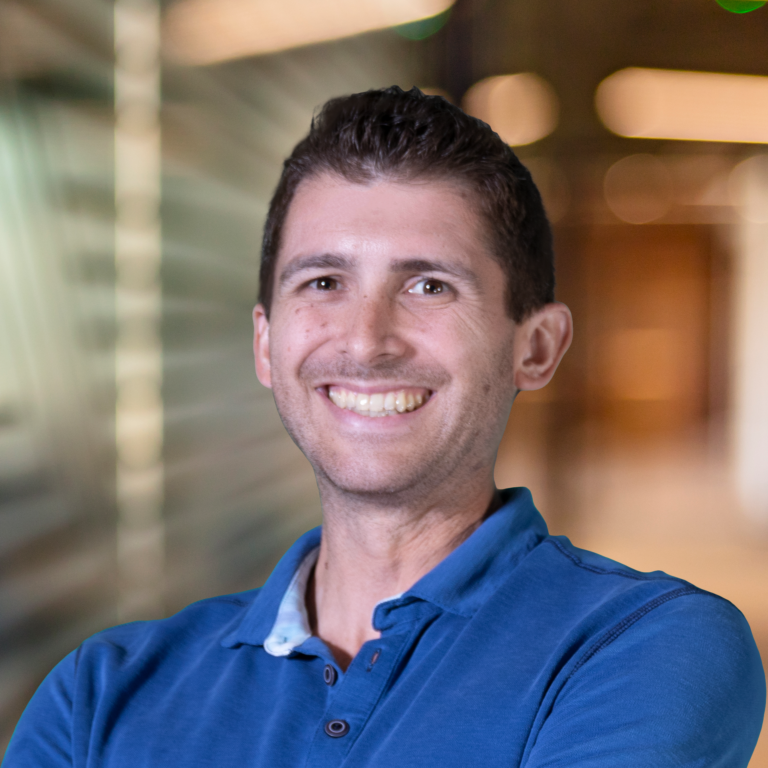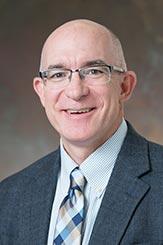Adjunct instructors provide a unique opportunity for students to learn directly from those actively working in a real-world communications setting. These individuals come from all walks of life and sign on to teach students at UW–Madison for a semester. The J-School values both the skills and insights that industry professionals hold and brings in talent semester after semester.
This fall, five adjunct instructors in the J-School are UW alums. So what brought them back?
Tom Beckman
Tom Beckman is the owner of 28 Power Communications. Beckman uses his strategic thinking and extensive experience to develop media strategies for companies that aim to communicate more effectively with their key stakeholders like customers, employees and media. Beckman is teaching a new course he created called the Anatomy of Marketing Message Strategies (J475).
What made you want to come back to UW and teach in the J-School?
I have been a coach and mentor nearly all of my life and really take pride in the development of those around me. For nearly 10 years, I have been a mentor for students at the School and have been invited to guest lecture about media relations strategies, integrated campaigns, and the importance of personal brand in developing your career. I always appreciated the energy and interest of the students when I was on campus so teaching seemed like a natural progression. The amazing thing is that not only am I teaching for the first time in my career, but I created the course that I am teaching (J475) Anatomy of Marketing Message Strategies. It’s been an incredible learning experience.
What perspective do you bring to the students you teach?
I have had an amazing career, traveled the world and worked on campaigns that touched millions of people. So I felt like I had this wealth of professional experience and knowledge that I wanted to share. I spent my entire career working and applying that knowledge with some incredible companies and brands. This course is a direct reflection of the work that a student can expect in their career. The course creates an avenue for students to learn and work on corporate campaigns like, crisis response, new product introductions, acquisitions, diversity and inclusion, and more.
 Jacob Kushner
Jacob Kushner
Kushner is an international correspondent who covers migration, science, global health, foreign aid and investment, prejudice, terrorism and violent extremism, climate change and wildlife. He has been featured in publications like The New York Times, National Geographic and The Atlantic. Kushner is teaching International Journalism (J475) this fall.
What made you want to come back to UW and teach in the J-School?
Previously when I’d returned to the U.S. to speak with classes or give talks on campus, I absolutely loved the energy and curiosity of the students, some of whom asked questions I would not have thought of back when I was a student. I owe my own love of journalism to the professors who challenged and encouraged me, and I’m excited to have the chance to follow in their footsteps and pay it forward.
What perspective do you bring to the students you teach?
Having spent my entire career abroad, I encourage students to remember that the world is much bigger than Wisconsin, or even the United States. This is something professional journalists often forget, sometimes discounting the world’s other 7.6 billion people entirely. For example, U.S. journalists writing about wealth inequality and the “one percent” often forget that they’re only talking about the one percent richest Americans. Vox did a good job in a recent newsletter of pointing out that if you earn $60,000 a year, you are the one percent: you’re among the 1% wealthiest people in the world. Another example of global context: UW students are among less than 7% of the world’s population privileged enough to get a college degree. As an international journalist, I encourage students to remind their audiences how what’s happening here relates to what’s happening around the world.
 Rob Master
Rob Master
As a senior advisor for marketing and media practice at McKinsey & Company, Rob Master supports the firm and clients across marketing transformation, the convergence of marketing and commerce and building brands in today’s digital age. Prior to joining McKinsey, Master was the Vice President of Media and Digital Engagement for North America at Unilever. This semester, Master has returned to teach Digital Brand Building (J676), a course he previously taught last fall.
What made you want to come back to UW and teach in the J-School?
I love what I do and I’ve had this amazing career and journey. I wanted to share that experience with the students and help prepare them in a different way than their current set of professors prepares them. With my real-life experience and the experience of the various speakers that I bring in to my class, I felt like there was a great opportunity to give back and connect with students at my alma mater.
What perspective do you bring to the students you teach?
I have sat in and guest lectured in many classes at UW. The faculty is amazing, they’re accomplished in so many ways that I’m not. What I bring is 30 years of marketing and media experience across a range of organizations that I feel can really help prepare students for the real world. I am able to augment the education they getting from a world-class faculty by providing a different experience.
 Eric Schmoldt
Eric Schmoldt
Eric Schmoldt is the Director of Business Development and Marketing at Forward Janesville. He has decades of experience in corporate communications and marketing. This fall, Schmoldt is teaching Advanced Sports Communication (J450).
What made you want to come back to UW and teach in the J-School?
I never fathomed coming back to UW in any sort of teaching capacity, but when the opportunity arose, it was one I simply couldn’t pass up. UW was home to so many stories from earlier in my life, and this is a chance to write a new chapter. I was particularly compelled to teach a course that is part of the Sports Communication Certificate. That program did not exist when I went to UW, but I would have been a poster child for it. I was not accepted into the J-School but was determined to make a career of sports journalism, so I had to find another route. The Sports Communication Certificate program gives students — whether they are in the J-school or are like me and were not — a chance to bolster their academic resumes before heading out into the professional world. That I never got into Journalism School but then was asked to teach a course in it is a story I will tell for as long as I live. I’m so grateful for the opportunity!
What perspective do you bring to the students you teach?
I think I get to bring a unique perspective to students because 20 years ago, I was sitting exactly where they are today. I’m able to look all the way back on those times and try to help them learn some of those early-career lessons before they go out and learn them on their own. I’m able to show and tell real-world examples of what it’s like to tell sports stories and work in the world of sports communications. By bringing in outside guests who helped shape my career, students are able to hear from different voices in multiple professional realms — from the local sports writer in Madison to the vice president of Fox Sports – that will potentially help them navigate future career and life decisions.
 Justin Doherty
Justin Doherty
Justin Doherty is a Senior Associate Athletic Director for External Communication at UW Athletics. His duties range from managing brand communications, marketing and community relations to serving as sports administrator for UW’s basketball programs. Doherty is teaching J150: Introduction to Sports Communication this fall.
What made you want to come back to UW and teach in the J-School?
I work at UW so I didn’t have to “come back” but I was afforded the opportunity to teach in the J-School and I was immediately interested.
What perspective do you bring to the students you teach?
I have close to 35 years of experience in college athletics, much of it in communications-oriented roles. I studied journalism as an undergrad and earned a master’s degree in journalism from UW-Madison. It’s great to be able to share my experiences with students and I think they appreciate hearing from someone who has been (and still is) in the field.